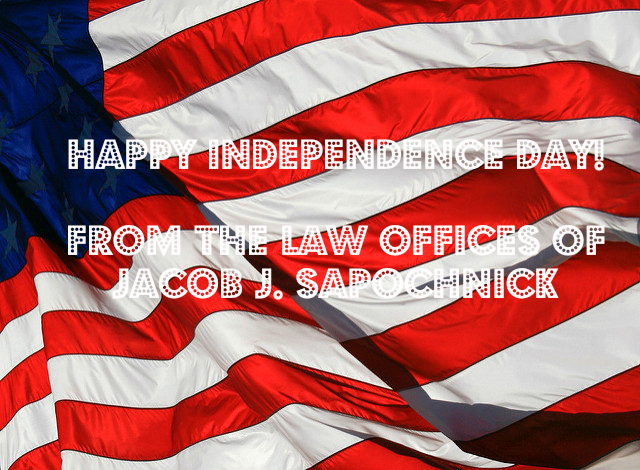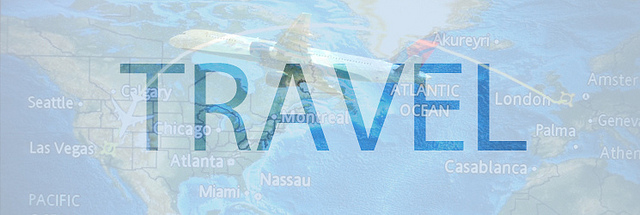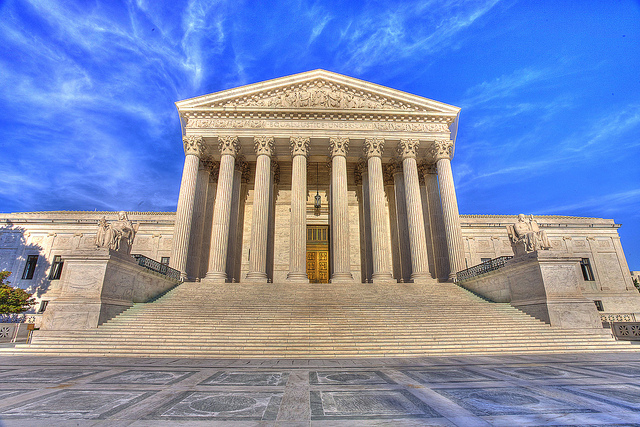A recent working paper published by Harvard economist, William R. Kerr, and Wellesley economist, Sari Pekkala Kerr, is making waves on the subject of immigrant entrepreneurship. The study asks: just how important are foreign-born entrepreneurs to our economy? Are their contributions truly significant?
The study’s abstract reads as follows:
We examine immigrant entrepreneurship and the survival and growth of immigrant-founded businesses over time relative to native-founded companies. Our work quantifies immigrant contributions to new firm creation in a wide variety of fields and using multiple definitions. While significant research effort has gone into understanding the economic impact of immigration into the United States, comprehensive data for quantifying immigrant entrepreneurship are difficult to assemble. We combine several restricted-access U.S. Census Bureau data sets to create a unique longitudinal data platform that covers 1992-2008 and many states. We describe differences in the types of businesses initially formed by immigrants and their medium-term growth patterns. We also consider the relationship of these outcomes to the immigrants’ age at arrival to the United States.
The study is important because it forces members of Congress to conduct a cost-benefit analysis, in order to determine whether or not it is beneficial for the United States to create more opportunities for highly-skilled entrepreneurs and professionals. Regrettably, the immigration debate has largely centered around illegal immigration to the United States, ignoring calls to create more flexibility for highly-skilled immigrants and immigrant entrepreneurs. As it stands today, immigrant entrepreneurs can only obtain a green card via sponsorship from a United States employer. The majority of entrepreneurs are forced to remain in the United States on a temporary ‘dual intent’ nonimmigrant visa, until a U.S. employer agrees to sponsor their green card. Visa options are very limited for highly-skilled immigrants. Even for the most brilliant of entrepreneurs, this process requires time and patience. Our current immigration laws are doing us a disservice since they are keeping out some of the most talented entrepreneurs in the world. Immigrant entrepreneurs are increasingly important because the number of businesses and American jobs they create is on the rise.
Here are some of the study’s findings:
- As of 2008, at least one in four entrepreneurs among start-up companies are foreign-born. Similarly, at least one in four employees among new firms are foreign-born
- 37% of new firms had at least one immigrant entrepreneur working for the company
- At least 1 in 3 start-up firms were founded by an immigrant entrepreneur, with an increasing rate from 1995-2008
- The share of immigrants among all employees working for start-up companies is on the rise
- Immigrant employees in low-tech positions comprise about 22.2% of start-up companies, while 21.2% of immigrants work in high-tech positions in start-up companies
- Among new start-ups backed by venture capitalists, 60% had at least one immigrant entrepreneur
- Immigrant employees working for a start-up company backed by venture capitalists have higher mean average quarterly earnings
 Visa Lawyer Blog
Visa Lawyer Blog













